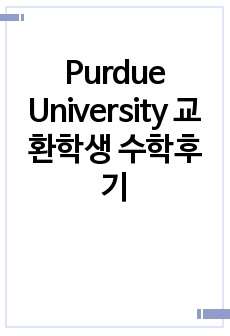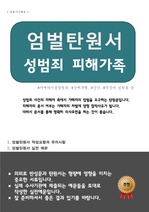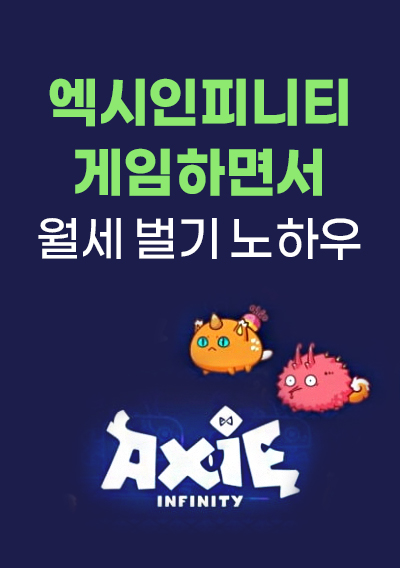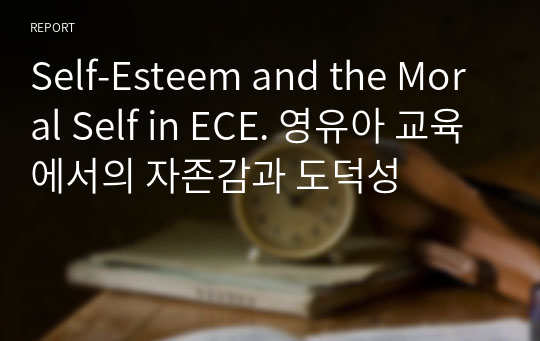Self-Esteem and the Moral Self in ECE. 영유아 교육에서의 자존감과 도덕성
blackswan
다운로드
장바구니
소개글
"Self-Esteem and the Moral Self in ECE. 영유아 교육에서의 자존감과 도덕성"에 대한 내용입니다.목차
1 List and explain in your own words the four “Parts of Self”. (pg. 2-8)2. Identify and describe in your own words, five factors that can affect a child’s self-esteem from the chapter. Why do you think this is important to understand? (pg. 2-8)
3. Describe ‘Who’ you are today, introduce yourself …how would you do this based on the information you have learned from your environment and the “Parts of Self”
4. What/Who has affected your self- esteem?
5. Why did you choose to go into the ECE program, and what role do you see yourself as an educator to young children?
6. Read the three Vignettes (pg.2) at the beginning of the chapter and the information in the chapter to respond to the following questions.
7. Answer the following: HELPING CHILDREN DEVELOP A STRONG MORAL IDENTITY
8. Discuss two main points from this chapter that stood out to you. For each point explain why you think this is important to know as a future ECE.
9. Reference
본문내용
1 List and explain in your own words the four “Parts of Self”. (pg. 2-8)Self-awareness
Self-awareness is the child’s ability to understand and distinguish their existence as separate from others. The realization of their separateness is the foundation of self-concept. Self-awareness starts in the early infant phase and affects later social development of that child. it is important that parents understand what the temperament of their child is so that the child can obtain positive self-awareness and to learn to fit into the environment. Self-awareness is also when the child learns that they can make things happen with certain actions. This is the beginning of the child learning to act as an individual, within their social surroundings.
Self-concept
Self-concept is the child collecting knowledge about their self. As the child creates their self-concept, they gather and learn about what makes them unique. These are things like physical attributes, gender, intelligence and other skills. Understanding the child’s self-concept is Important for an ECE because of differences in the way each individual views the world, when people views the same information, the perception varies. The way a child might act will be largely influences by their own self-concept because children will generally do the things that they think they are good at, and will likely stay away from activities that they don’t feel as confident in.



























